‘The Breakthrough in Two Acts, Dr. Fredric C. Hartman Ph.D paints a vivid picture of emotional pain and its context within the human mind and brain. Set in the dramatic backdrop of a therapy session as a stage play, featuring Dr. Hartman as the psychologist and Human Consciousness itself as “the patient,” this is a guide for anyone who struggles with negative or painful emotions.
In his play, Dr. Hartman tells the story about our vulnerability to painful emotions, which flare up from the depths of our brains, casting distressing and destructive spells over us. As the play unfolds, he develops two new experiences to help strengthen our consciousness: one, by actively breaking the spell of the two thoughts that lie at the heart—and generate the distress—in each of our negative emotions, and two, by embracing the strange, fleeting collection of conditions that come along with the present moments of our lives as they each flash by.
The Breakthrough in Two Acts is an appeal to humanity and a plan for how to use one ‘part’ of our brain—consciousness—to quiet down another, chronically overheated ‘part’—the limbic system—which has ravaged our species with troubles ranging from emotional illness to war. Here is a way of thinking for hard times to help overcome emotional distress and embrace a calmer and more fulfilling way to experience life.’
Above is the excerpt you can find on the back cover of the self-help book.
Overall, I really enjoyed reading The Breakthrough in Two Acts. It was original, and the concept was so unique that I couldn’t put it down. These are heavier subjects this author is dealing with in his self-help book. However, the layout of it being done in a stage play is brilliant because the added emphasis and directions bring it to life. I definitely recommend checking this out for your next read.
Author Fredric C. Hartman is a clinical psychologist in private practice since 1988. He works and makes his home on Long Island, New York. Below are a few questions from a recent interview he did.
Why did you choose a stage play as a format for your self-help book?
I wanted the effect of the book on a reader’s mind to be one in which there was a feeling of being among others. A play can have that effect. There can be a very heightened communal focus in a theater where a play is performed. And when people hear of a play about something serious, they tend to think of Shakespeare and a sense that something profound is being communicated. Really, my book has a lot of these modifications to a usual kind of self-help book (the stage play with stage directions, the changing, font sizes for emphasis, etc.) because I wanted it to have a striking effect. I want it to be dramatic. There’s a sentence in the book that goes like this, which sums it all up nicely: “There are props I use in this performance, seemingly ridiculous at times, but playfully designed to amplify its deadly serious message.”
Were there any real-life inspirations behind your writing of this book?
Yes, I believe, apart from it being an attempt to overcome the painful time I’ve had with reading and writing, my brother, Doug, was an inspiration. He took his life at 24 (severe bipolar disorder) precisely when I was finishing my doctorate in clinical psychology in 1986. We were the best of friends and loved being together. I miss him. The feeling in this book, the aim in it for a total view of everything, the fun, the playfulness, the ridiculousness, hearkens me back to the way he and I would carry on. And of course, inspiring this book is also an urge to heal—one and all.
What bits of advice would you give to aspiring authors?
Know yourself as deeply as you can. Be in psychotherapy for a while with a good therapist. Write about what pains you and what inspires. Go all the way to the most disturbing and wonderful things. Let yourself feel lost. Don’t stop wondering. Try to feel as much awe as you can because it’s the doorway to a paradigm shift. Learn about nature. Learn words. Be your feral self, and stop using words for stretches of time. Read. Read the greatest writing you can find.
Hear more of this interview in my virtual book review below!
You can get a copy of the book on Amazon! You can also follow Author Fredric C. Hartman on: his website, Twitter, and Goodreads.
Have you read this non-fiction, self-help book? Want to get your book feature? Contact me! Also, don’t forget to check out my feature on Feedspot’s Top 100 YA Book Blogs!
Note: I was provided a copy of this self-help book.
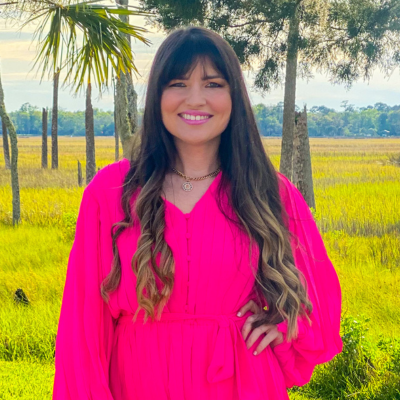
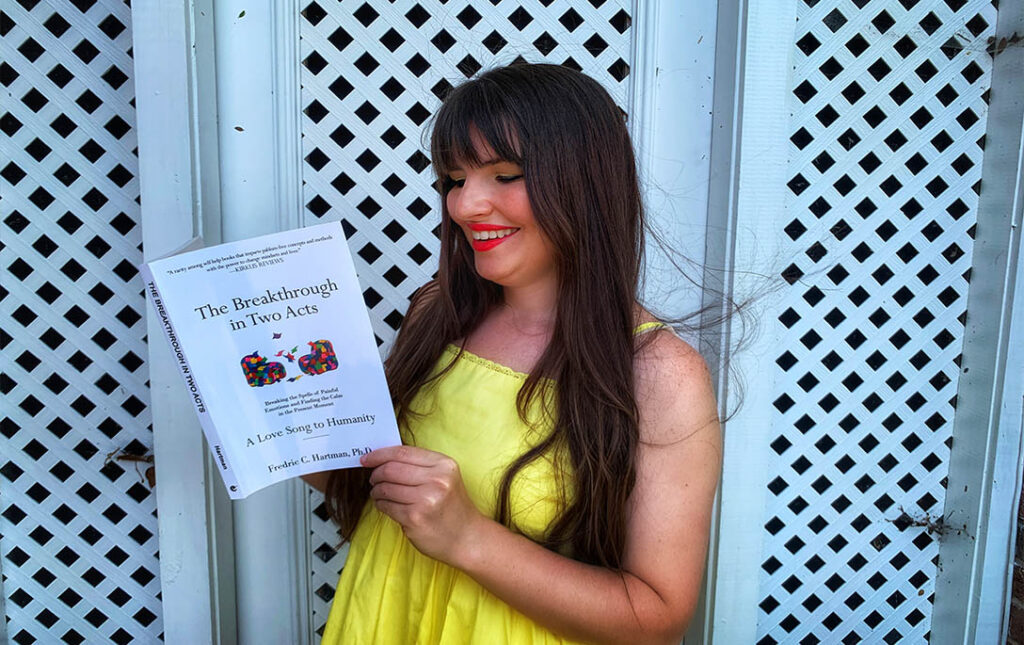
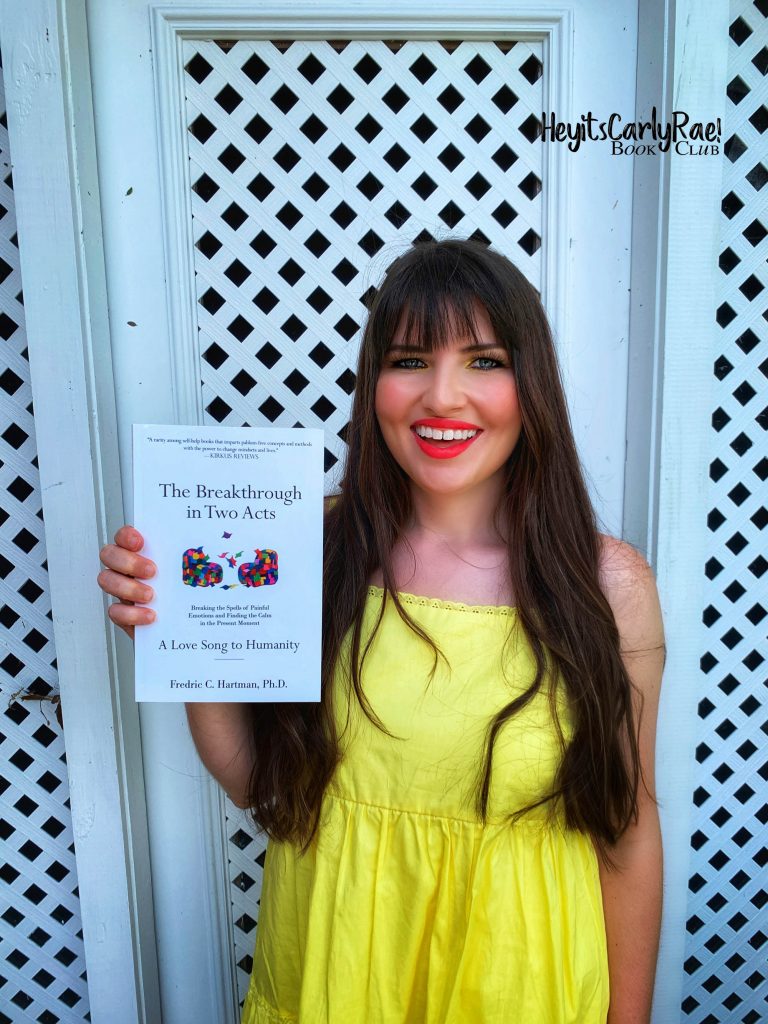
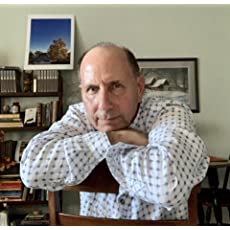


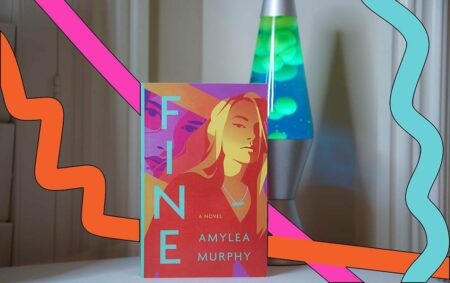

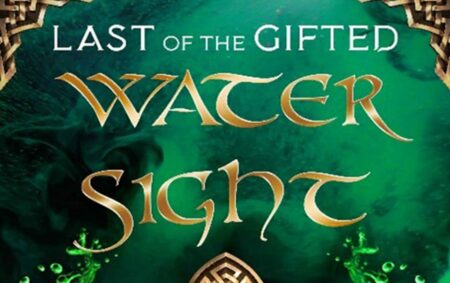

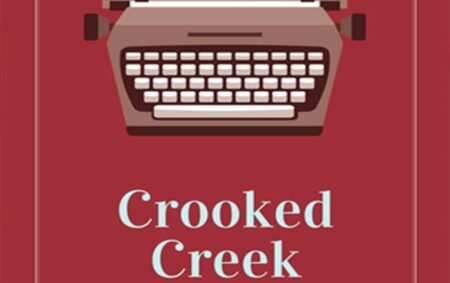
1 Comment
Great review! I’ve never heard of this book before but thanks for sharing it 🙂